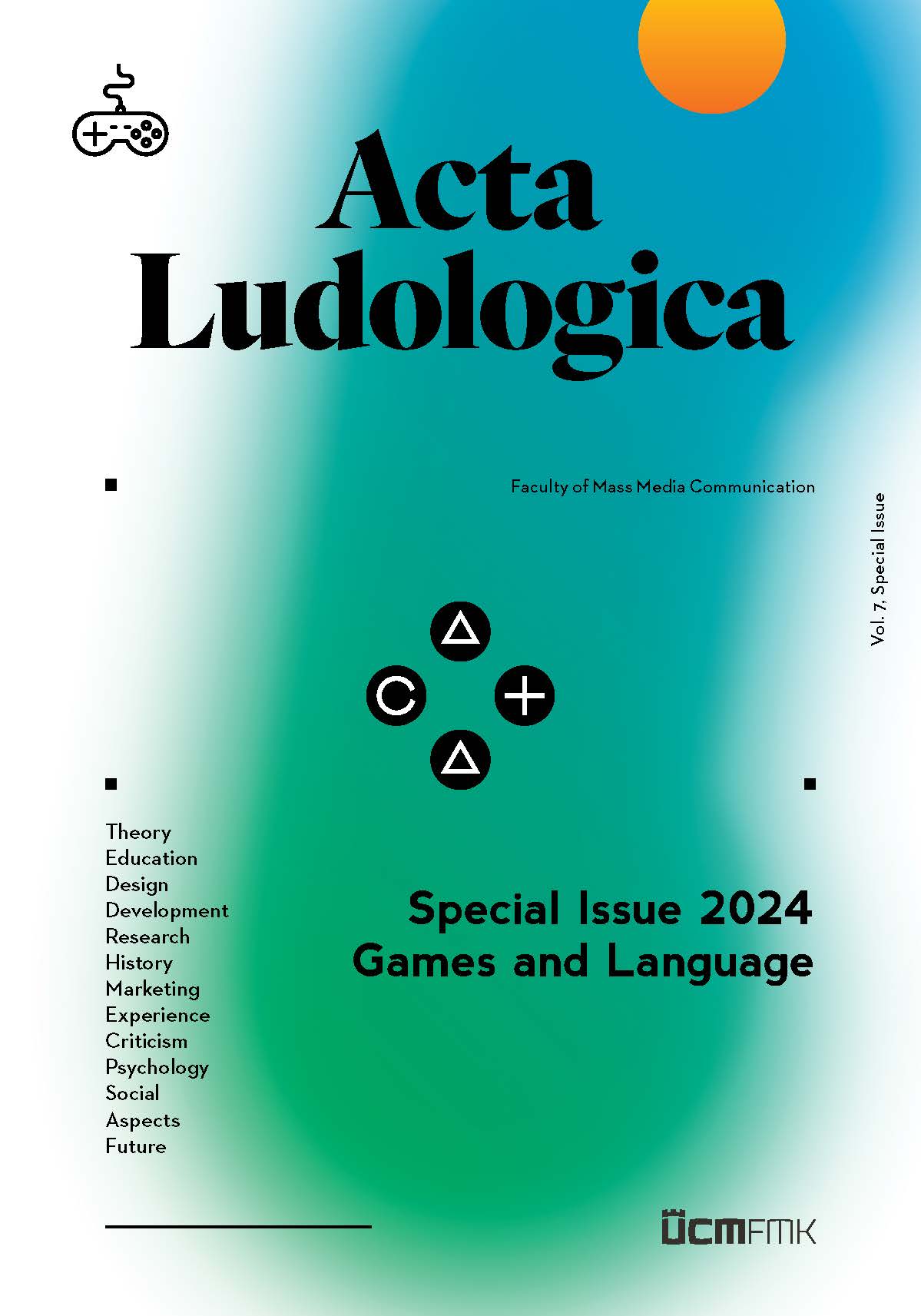Dinko Jukić
ABSTRACT:
The study research phenomenon of trophies in digital games. It starts from the analysis of the trophy hunter and trophy community constructs. The phenomenon of collecting trophies in digital games and its impact on gamers, but also on the gaming experience, is researched. The trophy concept is a paradox because it simultaneously creates gamers who choose games according to the difficulty of the trophy, and play games they do not like because of the easiness of the trophy. The aim of the paper is to investigate, present and analyse the phenomenon of trophies in digital games from cultural, anthropological, and marketing aspects. Collecting trophies was observed in the context of the phenomenon of narcissistic culture according to Lasch’s theory. Also, the study draws a parallel between the phenomenon of trophies as a reward for gamers, but also the development of niche marketing. Trophy hunters represent a more detailed segmentation of consumers who we understand as brand ambassadors for digital games. Also, trophy hunters encourage each other to collect trophies and thus shape gamers. To obtain a precise insight into the phenomenon of trophies and trophy subculture, the method of virtual ethnography was used.
KEY WORDS:
consumer behaviour, digital game, narcissism, referent group, trophy.
DOI:
10.34135/actaludologica.2024-7-1.50-72

